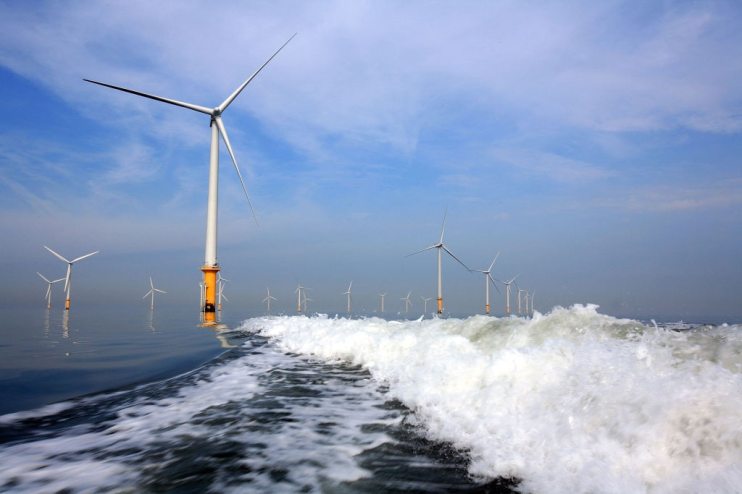Ofgem invites bids for more subsea cables connecting UK to Europe

Ofgem is encouraging bids in new subsea cables connecting the UK to Europe, which it believes could boost energy security, save money for consumers, and help the UK reach its ambitious climate change target of net zero carbon emissions by 2050.
The market regulator hopes the investment round will bring forward billions of pounds of investment.
The subsea cables – called interconnectors – can import cheaper clean energy when needed and also export surplus power to neighbouring countries.
They are typically used to channel renewable sources such as offshore wind power.
The market regulator will begin its third bidding round next year to build the cables, with the Government pushing to double existing interconnector capacity by 2030 to support its target of quadrupling offshore wind capacity by the end of the decade.
To help meet that target next year’s investment round will favour projects able to complete by 2030.
Currently the UK has seven operational electricity interconnectors, connecting it to Ireland, France, Belgium, the Netherlands, and Norway, providing almost seven per cent of the UK’s electricity last year.
Project developers and consumers will also benefit from Ofgem’s “cap and floor” regime. This sets a maximum ‘cap’ on revenues and a minimum ‘floor’ to ensure an adequate return for investors while keeping costs down for consumers.
Ofgem will also run a pilot cap and floor scheme for the first-time inviting bids for “multiple-purpose interconnectors” (MPIs) which can link up clusters of offshore windfarms directly to an interconnector.
This means when the wind is blowing in the North Sea, the offshore wind farms can export surplus electricity to both the UK and Europe.
Akshay Kaul, director of networks at Ofgem, said: “Greater interconnection of energy across borders is vital to ensure resilience, affordability and sustainability in the future as we transform our energy system. Our next investment round for interconnectors will bring forward the investment we need, creating green jobs and unleashing the full potential of the UK’s world leading offshore wind industry, while also protecting customers by capping costs.”
Boosting renewable energy would also mitigate the effects of soaring wholesale gas prices, which has claimed over 20 UK energy firms since September and has contributed to fears of blackouts across Europe.
The market regulator has been facing criticism in recent weeks over the energy price cap – which limits consumer costs to £1,277 per year for average use.
Multiple doomed suppliers such as Bulb and Orbit Energy blaming the mechanism for preventing them from moving costs on to consumers.
ScottishPower CEO and Utilita Energy’s founder have also called for the price cap to be reformed, as has John Penrose, the first MP to call for the scheme in Westminster.
It has also been criticised for failing to manage the market effectively by Citizens Advice prior to the latest shocks.
Ofgem has said it is looking into reforming the price cap, and that it is prepared to work with consumer groups to improve the market.